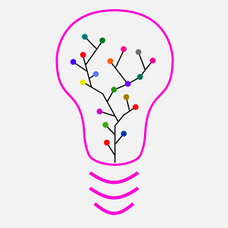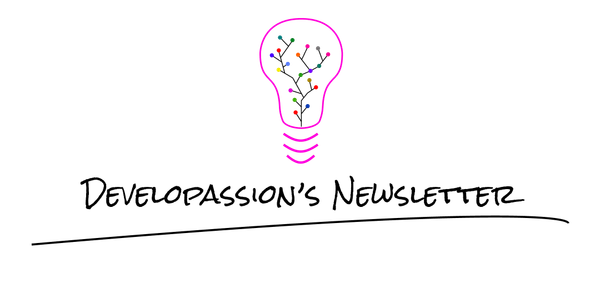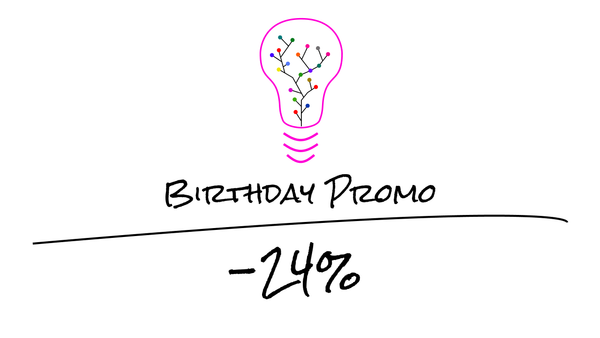Unlocking Efficiency and Consistency in Note-Taking: The Power of Templates in Personal Knowledge Management.
Unlock the power of templates in note-taking and personal knowledge management

In this article, I want to discuss the value and benefits of using templates for note-taking and Personal Knowledge Management in general.
Introduction
Once you start introducing Knowledge Management practices in your life, you will start using specific tools to capture your thoughts, ideas, inspiration, knowledge, and connect it all. While doing so, you will realize that there are gaps in your system/approach, and that you're wasting precious time. You might also realize that consistency is a real challenge. While perfect consistency is a waste of time, having some does have value.
In both cases, templates can help a lot. Once you understand what they are, and how to create/leverage your own, you'll be able to drastically increase your efficiency and consistency. Templates help streamline Knowledge Management practices.
Let's dive into the world of templates together!
What are Templates?
Templates are pre-designed "structures" that provide a consistent format for capturing and structuring information. Software developers use those all the time. For instance, to send pre-formatted e-mails and notifications, generate Web pages or forms, etc.
Templates define a structure and include "tokens" that get replaced by actual values when they're used. There are two elements that come into play: templates, and a "template engine". The template defines the structure and tokens, while the template engine takes the template and replaces the tokens by actual values.
Note that there are countless templating formats and template engines. Many are tool or platform specific. Some are also tool agnostic, for instance text expanders such as espanso.
In the context of note-taking and Personal Knowledge Management (PKM), templates provide the basis to define the base structure of each type of note (e.g., daily note, meeting note, contact note, etc).
Here is a basic example:
The above template is the one I use for my book notes in Obsidian. It is part of the Obsidian Starter Kit. In this example, you can see that there is a pre-defined structure for the book notes (Brief description, Key quotes, Key ideas), but also a weird expression: <% tp.file.title %> . That expression is what I have called a "token" earlier. It is an expression that the template engine will replace by an actual value, in this case the file title, when the template is "used".
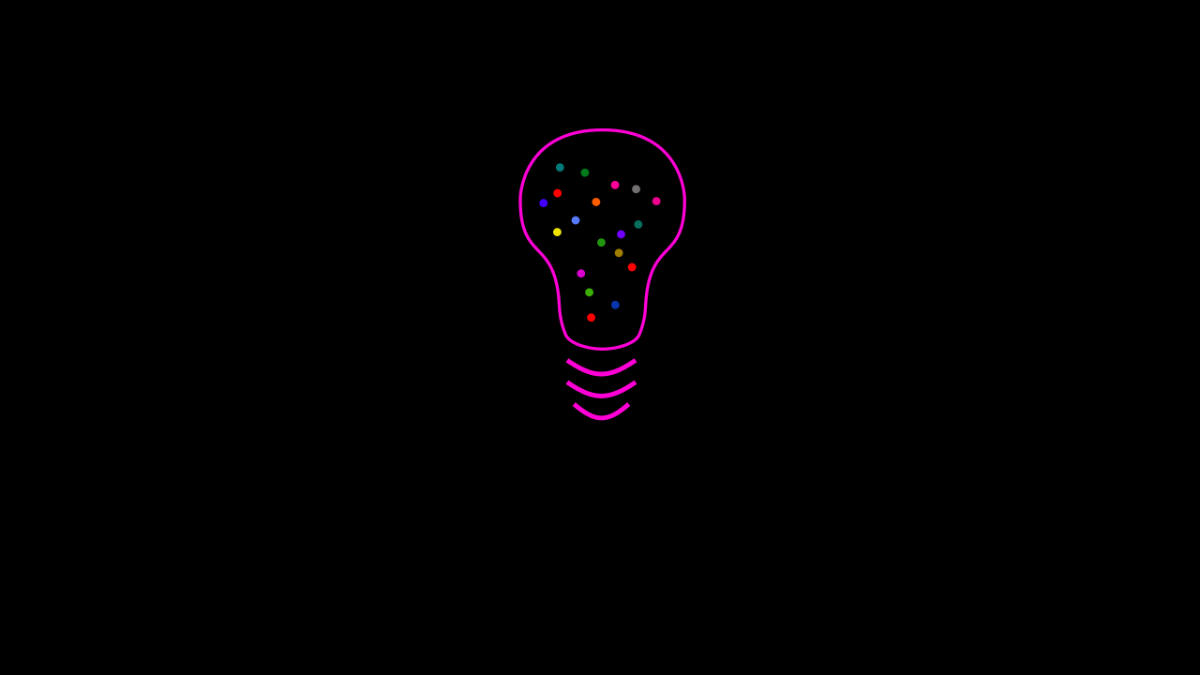
Here is another example:
That's my template for meeting notes. Thanks to that one, I can consistently capture meeting details in a structured way.
Now here's a more complex example:
This is the template I use for daily notes. It is more complex, but also more interesting. In this one, notice the following:
- There is an expression that modifies one of the tags of the generated note. If I use that template today, it will generate "daily_notes_2024". If I use it again next year, it will generate "daily_notes_2025"
- There is a long expression, from line 12 to line 36 that generates links to navigate between daily/monthly/quarterly and yearly notes. That is actually a tiny program written in the JavaScript programming language that is executed once when the template is used. Template engines that support actual programming are very powerful
- There are dynamic expressions, actually not handled by the template engine, but that are still part of the template, meaning that I don't have to copy/paste those myself
And these are just random examples from my own PKM system in Obsidian. If you're curious about what the Templater plugin for Obsidian can do, check out the documentation. Again, there are many different template engines, so you'll have to see if the tool(s) you are using have something you can use.
I know that templates can look frightening if you don't have a technical background. But worry not, there are solutions. First, communities create and share many templates. Second, you can create simple ones at first, and make those evolve over time, as you learn new tips and tricks.
Why are Templates Beneficial for Note-Taking and Personal Knowledge Management?
Templates offer many advantages for optimizing note-taking and PKM practices:
- Efficiency: By eliminating the need to start from scratch every time, templates save time and mental energy, allowing for a quicker capture of information.
- Structure and Consistency: Templates ensure that information is recorded in a uniform manner, making it easier to organize, retrieve, and synthesize knowledge.
- Customization and Flexibility: While templates provide a basic structure, they also allow for personalization, making them adaptable to various needs and preferences. Templates evolve with you.
- Focus and Clarity: With templates, the focus shifts from how to capture information to the information itself, leading to clearer thoughts and more effective learning.

How Templates Help for Consistency
Consistency in note-taking and PKM is crucial for building a reliable and scalable knowledge base. Templates standardize the way information is captured, ensuring that similar data is recorded and organized in a comparable manner. This uniformity is vital for later retrieval, review, and integration of knowledge, as it reduces cognitive friction and makes connections between different pieces of information more apparent. They act as guides you can follow, ensuring you capture what you need to.
Combined with automation, templates are really key for consistency.
How Templates Increase Productivity
Templates streamline the note-taking process. They let you focus on capturing information and eliminate the need to think about the structure, metadata, etc. This means that when you create new notes (e.g., meeting notes), you don't waste time and immediately get to do what you intend to.
How Templates Can Evolve Over Time
An essential aspect of templates is their evolution. Your templates can evolve to remain aligned with your needs and preferences. Templates are not static. They are dynamic, and can be modified/optimized as needed. This adaptibility ensures that templates remain relevant and continue to support you over time.
How Templates Make Notes Easier to Find
By helping you be more consistent when capturing information, templates have the added benefit of making your notes easier to find. If you add relevant metadata (e.g., tags) to your templates, like I did with my daily notes, meeting notes and book notes, it will be much easier for you to find relevant information when needed.
For instance, if I only want to find meeting notes, I can search for the meeting_notes tag in my notes. I can also search for specific headings, etc.

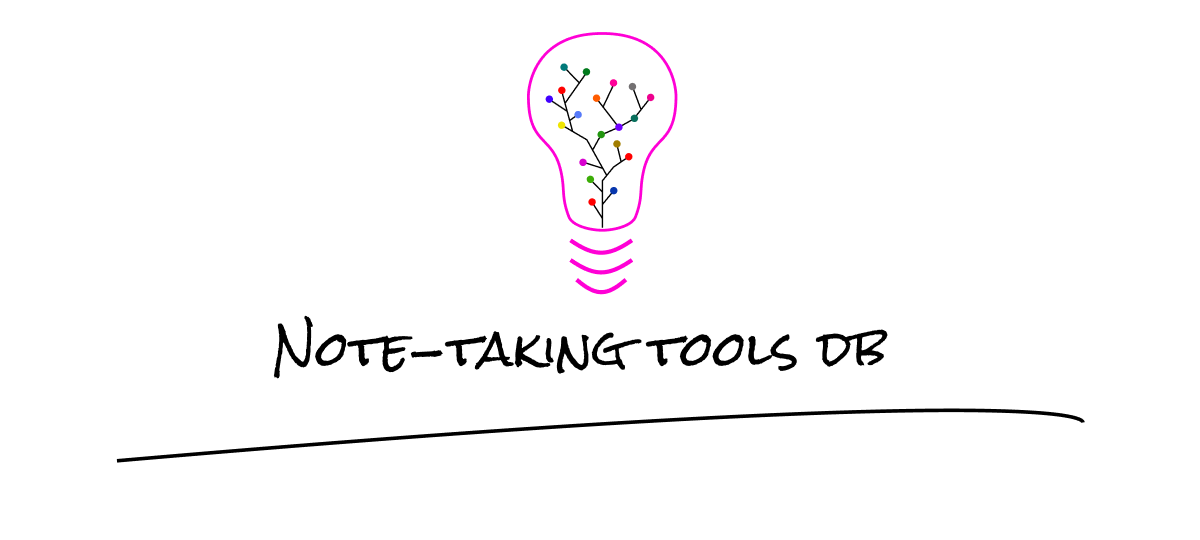
A Gateway to Personal Knowledge Management Excellence
If you're using Obsidian, then I want to recommend my Obsidian Starter Kit. It's a pre-configured vault that includes many templates (including those I have shared in this article), plugins, automation, a solid structure, and a detailed user guide.
With it, you'll quickly be on the right tracks, with a solid, maintainable, scalable and battle-tested system that is based on my own practice.

And if you're new to Knowledge Management, then check out my course:
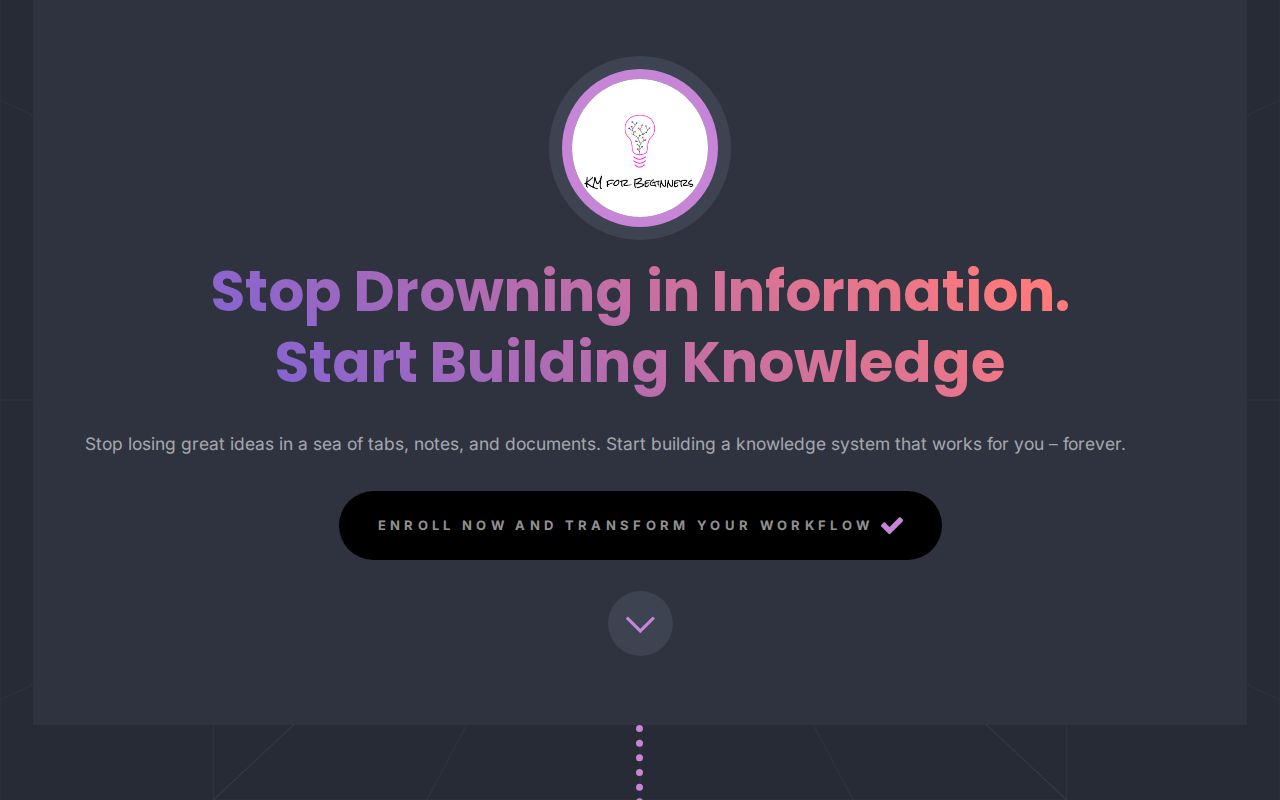
Last but not least, consider subscribing to my newsletter. I constantly write about Knowledge Management, PKM and Personal Organization ❤️
Conclusion
In conclusion, templates are indispensable tools in the arsenal of anyone serious about effective note-taking and personal knowledge management. They help with structure, efficiency and productivity. They are powerful, adaptable and will evolve to remain aligned with your needs and preferences.
TL;DR
Templates...
- Are crazy powerful and can save you a ton of time
- Help you be more productive
- Keep your notes consistent
- Make your notes easier to find
- Evolve with you
About Sébastien
I'm Sébastien Dubois, and I'm on a mission to help knowledge workers escape information overload. After 20+ years in IT and seeing too many brilliant minds drowning in digital chaos, I've decided to help people build systems that actually work. Through the Knowii Community, my courses, products & services and my Website, I share practical and battle-tested systems. You can follow me on X 🐦 and on BlueSky 🦋.
I am an author, founder, and coach. I write books and articles about Knowledge Work, Personal Knowledge Management, Note-taking, Lifelong Learning, Personal Organization, and Zen Productivity. I also craft lovely digital products.
If you want to follow my work, then become a member and join our community.
Ready to get to the next level?
If you're tired of information overwhelm and ready to build a reliable knowledge system:
- 🎯 Join Knowii and get access to my complete knowledge transformation system
- 📚 Take the Course and Master Knowledge Management
- 🚀 Start with a Rock-solid System: the Obsidian Starter Kit
- 🦉 Get Personal Coaching: Work with me 1-on-1
- 🛒 Check out my other products and services. These will give you a rock-solid starting point for your note-taking and Knowledge Management efforts


